 /wp-content/uploads/2021/10/fall_solar_sale-495x330-1.png
330
495
Chris Allis
/wp-content/uploads/2021/06/ecomark-solar-logo-with-panel.png
Chris Allis2021-10-27 13:26:042021-11-22 13:33:46Eight Reasons Fall is the Best Time to Order Solar
/wp-content/uploads/2021/10/fall_solar_sale-495x330-1.png
330
495
Chris Allis
/wp-content/uploads/2021/06/ecomark-solar-logo-with-panel.png
Chris Allis2021-10-27 13:26:042021-11-22 13:33:46Eight Reasons Fall is the Best Time to Order SolarDo you have questions about buying solar panels for your home?
With an average of about 300 days of sunshine and 115 days of clear skies, Colorado is an ideal place for investing in your home by buying solar panels. With no upfront costs and so many benefits, going solar may seem like a straightforward and sensible choice. In EcoMark Solar’s experience working with thousands of homeowners thinking about making the switch to solar, these are the most common questions that folks have. At the beginning of the process.
1. Do solar panels work during the winter?
During Colorado winters, solar panels still produce electricity throughout the season. Solar panels require light to function. With shorter days, solar panels don’t produce as much energy during winter months but are still a reliable source of electricity you’re your home during the winter. Snowfall doesn’t stop solar panels from functioning, either. Solar panels are designed to allow snow to fall off its panels. However, heavy snowfall can interfere with the solar panels’ functionality by blocking sunlight from hitting the panels. Luckily, in Colorado, the sun is never gone for too long and you can be sure that the snow will quickly shed off the solar panels. Despite this, solar panels are easy to clean during the wintertime.
2. Will solar panels actually reduce my energy bill?
Solar panels can help you reduce your energy bills by conserving energy and lowering costs for using power. Solar panels actually get energy from sunlight. This makes it easier for you to purchase less energy (or even no energy!) from the electric company. Unlike sunlight, electricity offered from electric companies often run off of fossil fuels, which are not only non-renewable but often create issues for the environment and people, such as pollution and health problems. Additionally, gas and coal power plants can be very expensive to operate, which can increase energy costs that can later be passed down to customers. On the other hand, sunlight is a free and renewable source. When homeowners invest in a solar panel system, they are investing in their own personal power plant that runs on free fuel from the sun. Furthermore, they are removing themselves from the year over year rate hikes that electric utilities pass onto their customers.
3. Can I afford to buy solar panels?
When exploring the financial side of investing in solar panels, the expense behind them is often a common concern. The cost of solar panels depends on several factors, including the size of the home and the type of panels you need. However, the cost of solar panels is significantly less than a few years ago. This has translated into a drop of 5 percent for residential homes for costs associated with solar energy. For instance, installation costs for residential properties dropped from $7 per rated watt in 2010 to about $4 per rated watt in 2015, according to a study by the Lawrence Berkeley National Laboratory Reports. This is due to its growth in popularity, awareness and access. You can also get more flexible options to pay for solar panels. For example, we offer flexible options to increase your opportunity to go solar while minimizing the financial burden.
4. Can solar panels withstand Colorado hailstorms?
Hail larger than one inch in diameter can cause considerable damage to not only solar panels but to most structures. That means a deluge of hail can do serious damage to your property and solar panel equipment. Solar homeowners add their solar panel system to their homeowners insurance policy so that they are covered if this type of weather event were to damage their system. If there is a hailstorm, EcoMark will provide a free inspection and handle all aspects of removing, repairing and replacing your solar panel components and roofing shingles.
5. What are other incentives for buying solar panels for my home?
There are a number of incentives connected to buying solar panels for your Colorado home. First, you can invest in solar panels and receive a 30% tax credit for the total cost of the system and related upgrades on your federal income tax. PV solar systems and related upgrades qualify for the federal tax credit. Moreover, since there is no cap on the qualified costs, you can recoup a large part of your investment in your solar panels. Now is the time to act to realize the full 30% benefit since the tax credit is scheduled to be reduced to 26% starting in 2020
Solar panels also add value to your home. A 2011 study by the National Bureau of Economic Research found that solar panels can increase property values by as much as $20,194. Moreover, a 2015 study by the Department of Energy indicated that homebuyers are willing to spend $15,000 more for a home equipped with solar panels than one without panels.
When you’re considering investing in solar panels, it’s not uncommon to have questions. However, you don’t have to find the answers on your own. Contact us at EcoMark with any questions you have before buying solar panels for your Colorado home. As experts in the field since 2010, we’re here to help you with your solar energy needs.
 /wp-content/uploads/2021/10/fall_solar_sale-495x330-1.png
330
495
Chris Allis
/wp-content/uploads/2021/06/ecomark-solar-logo-with-panel.png
Chris Allis2021-10-27 13:26:042021-11-22 13:33:46Eight Reasons Fall is the Best Time to Order Solar
/wp-content/uploads/2021/10/fall_solar_sale-495x330-1.png
330
495
Chris Allis
/wp-content/uploads/2021/06/ecomark-solar-logo-with-panel.png
Chris Allis2021-10-27 13:26:042021-11-22 13:33:46Eight Reasons Fall is the Best Time to Order Solar
How to Get 10x Value from Your Solar Panel System with Storage
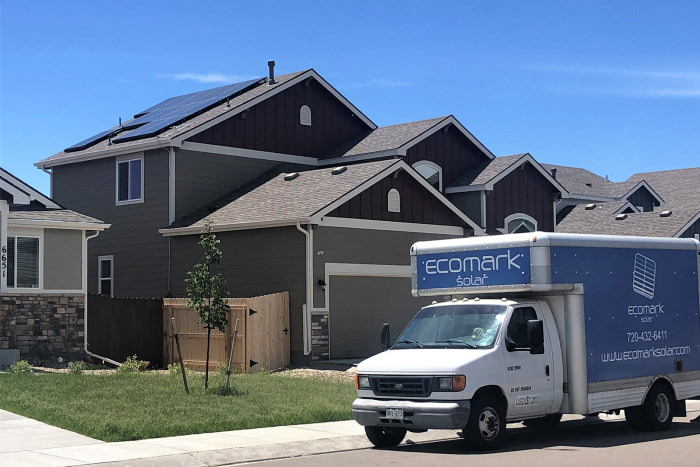
Make Power Outages a Thing of the Past For The Future of Your Home
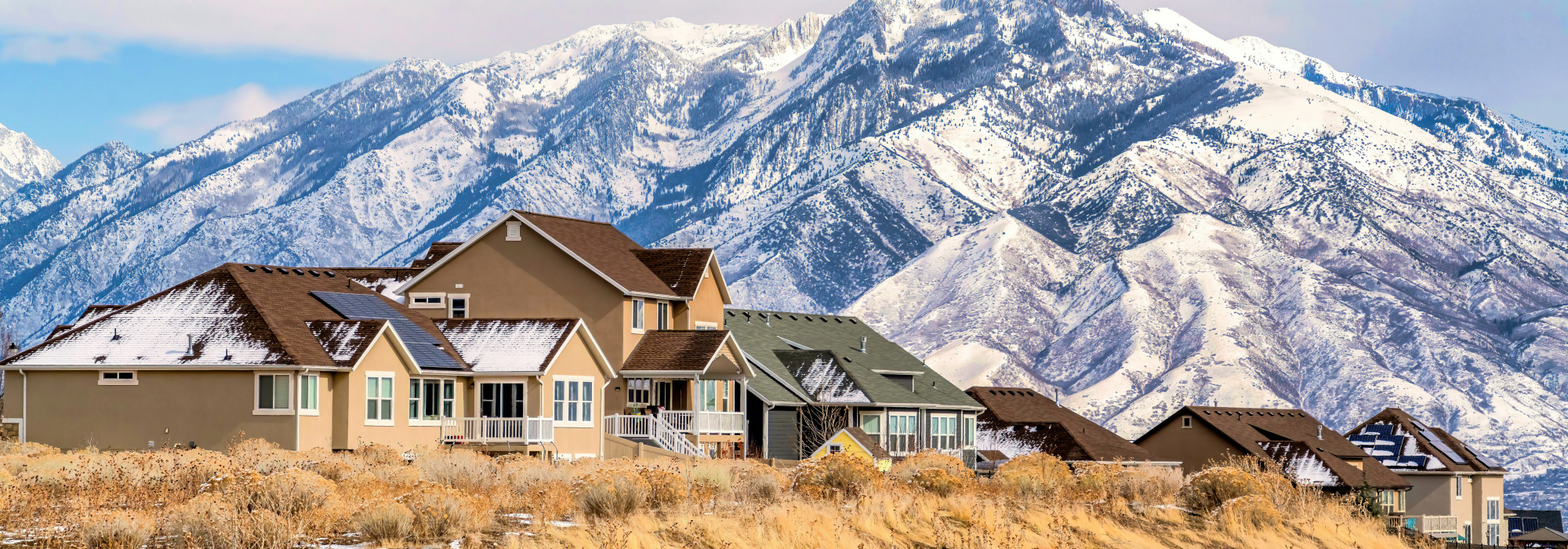 /wp-content/uploads/2021/06/colorado-solar-panels-in-the-rockies.jpg
700
2000
Max Cowles
/wp-content/uploads/2021/06/ecomark-solar-logo-with-panel.png
Max Cowles2021-07-16 17:15:352021-07-20 12:33:024 Things They Don’t Want You to Know About Solar Energy
/wp-content/uploads/2021/06/colorado-solar-panels-in-the-rockies.jpg
700
2000
Max Cowles
/wp-content/uploads/2021/06/ecomark-solar-logo-with-panel.png
Max Cowles2021-07-16 17:15:352021-07-20 12:33:024 Things They Don’t Want You to Know About Solar Energy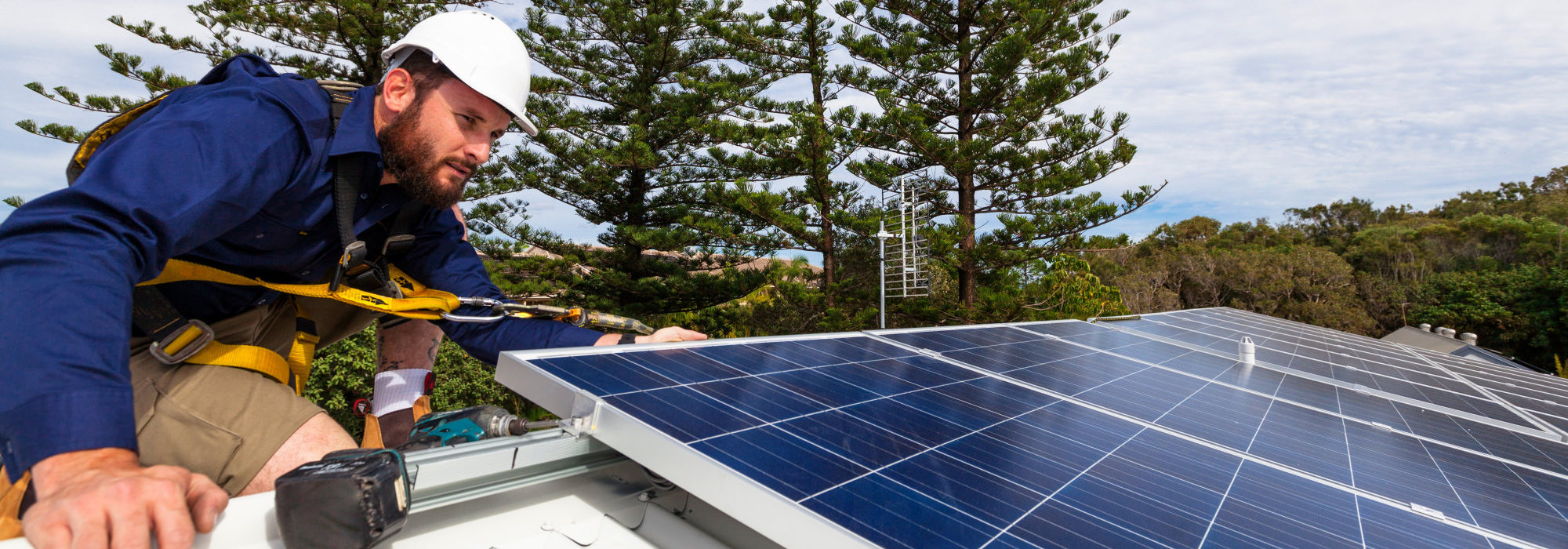 /wp-content/uploads/2021/07/colorado-solar-panel-installation-2000-700.jpg
700
2000
Max Cowles
/wp-content/uploads/2021/06/ecomark-solar-logo-with-panel.png
Max Cowles2021-07-16 16:57:582021-07-21 01:56:43Winter Solar Panel Maintenance Tips
/wp-content/uploads/2021/07/colorado-solar-panel-installation-2000-700.jpg
700
2000
Max Cowles
/wp-content/uploads/2021/06/ecomark-solar-logo-with-panel.png
Max Cowles2021-07-16 16:57:582021-07-21 01:56:43Winter Solar Panel Maintenance Tips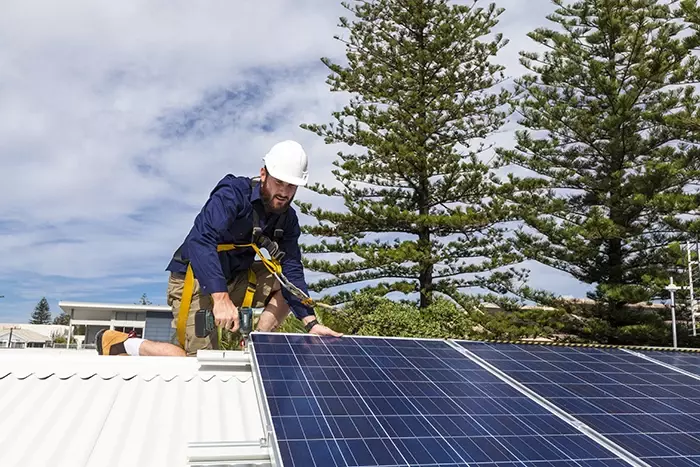 /wp-content/uploads/2021/08/how-solar-panel-installation-works-700x467-1.webp
467
700
Max Cowles
/wp-content/uploads/2021/06/ecomark-solar-logo-with-panel.png
Max Cowles2021-07-16 16:56:042021-08-16 18:48:15What is Net Metering, and How Does it Work?
/wp-content/uploads/2021/08/how-solar-panel-installation-works-700x467-1.webp
467
700
Max Cowles
/wp-content/uploads/2021/06/ecomark-solar-logo-with-panel.png
Max Cowles2021-07-16 16:56:042021-08-16 18:48:15What is Net Metering, and How Does it Work? /wp-content/uploads/2021/07/how-much-does-solar-cost-700467-1.jpg
467
700
Max Cowles
/wp-content/uploads/2021/06/ecomark-solar-logo-with-panel.png
Max Cowles2021-07-16 15:58:452021-07-21 02:30:34What happens when your solar system gets hit by hail?
/wp-content/uploads/2021/07/how-much-does-solar-cost-700467-1.jpg
467
700
Max Cowles
/wp-content/uploads/2021/06/ecomark-solar-logo-with-panel.png
Max Cowles2021-07-16 15:58:452021-07-21 02:30:34What happens when your solar system gets hit by hail?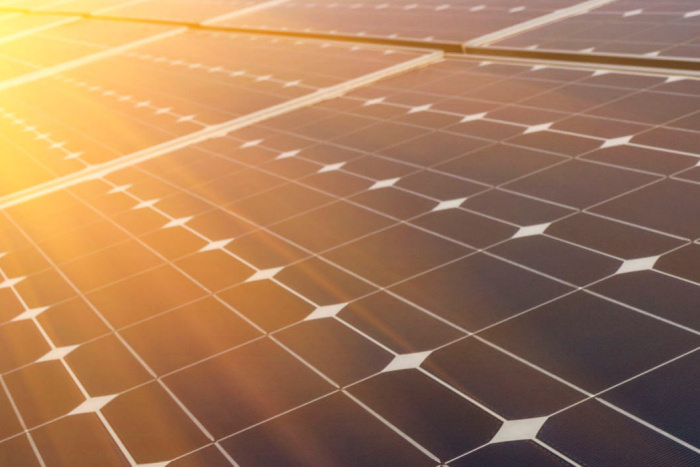 /wp-content/uploads/2021/07/best-solar-panel-installation-products-700467.jpg
467
700
Max Cowles
/wp-content/uploads/2021/06/ecomark-solar-logo-with-panel.png
Max Cowles2021-07-16 15:53:482021-07-21 02:09:17What Are the Financial Incentives for Going Solar?
/wp-content/uploads/2021/07/best-solar-panel-installation-products-700467.jpg
467
700
Max Cowles
/wp-content/uploads/2021/06/ecomark-solar-logo-with-panel.png
Max Cowles2021-07-16 15:53:482021-07-21 02:09:17What Are the Financial Incentives for Going Solar?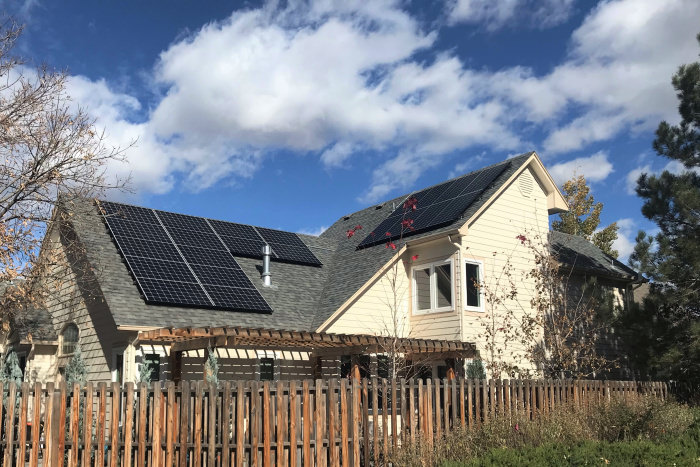 /wp-content/uploads/2021/07/over-3500-installations-in-colorado-700-1.jpg
467
700
Max Cowles
/wp-content/uploads/2021/06/ecomark-solar-logo-with-panel.png
Max Cowles2021-07-16 15:51:492021-07-19 19:42:28What are Micro-Inverters and Optimizers?
/wp-content/uploads/2021/07/over-3500-installations-in-colorado-700-1.jpg
467
700
Max Cowles
/wp-content/uploads/2021/06/ecomark-solar-logo-with-panel.png
Max Cowles2021-07-16 15:51:492021-07-19 19:42:28What are Micro-Inverters and Optimizers?Categories
EcoMark Solar
Corporate Office
4665 Paris Street #300-C
Denver, CO 80239


